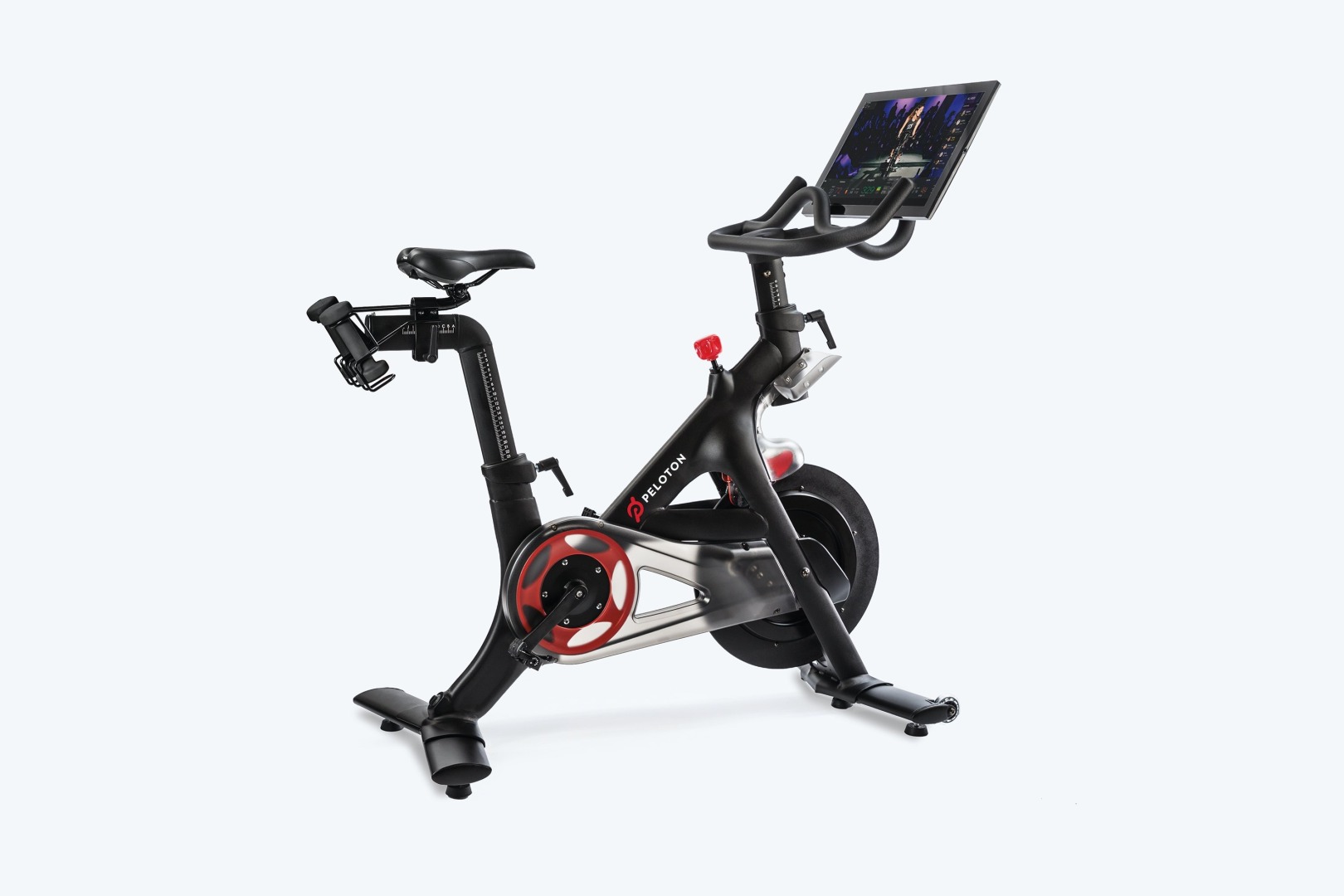Comments
- No comments found

Peloton has entered into a strategic partnership with TikTok to revamp its content strategy and rebrand in the face of challenges.
The collaboration includes the introduction of a dedicated Peloton section within TikTok's #TikTokFitness hub, allowing users to access a variety of Peloton-powered content, from live classes and shorter fitness clips to celebrity collaborations and instructor videos. This marks a significant shift for Peloton, as it is the first time the fitness company is creating social content for platforms beyond its own channels. The partnership aims to tap into TikTok's massive user base of 1 billion globally and reinvigorate Peloton's appeal in the ever-evolving fitness landscape.
As part of the collaboration, Peloton's Vice President of Consumer Marketing, Oli Snoddy, highlighted the recognition of changing fitness engagement trends and the collective effort to reach new audiences in innovative ways. The Peloton hub on TikTok seeks to leverage the interconnectedness between Peloton and TikTok, bringing together two entities that gained prominence during the pandemic. While Peloton's stock peaked in 2020, it faced a significant decline, prompting the company to undergo a major rebrand to position itself beyond being a maker of high-end, in-home fitness equipment.
Peloton's rebranding efforts in May introduced a more inclusive brand identity with a wider range of fitness options, increased free classes, tiered memberships, and a shift away from its biking-centric image. However, the company has encountered financial struggles, public relations challenges, and a decline in memberships and revenue. Notably, Peloton faced backlash for a 2019 ad, and its stock plummeted in 2021 due to factors such as high costs and the changing landscape of post-COVID fitness preferences.
The strategic partnership with TikTok is a key element of Peloton's effort to adapt to evolving consumer behaviors. Jennifer Grygiel, an associate professor and social media expert at Syracuse University, noted the symbiotic relationship between Peloton and TikTok, emphasizing their appeal to individuals stuck at home seeking both fitness engagement and interactive dance experiences. Peloton's foray into social content production for external platforms is a strategic move to leverage TikTok's global reach and engage with new audiences.
The collaboration with TikTok comes as Peloton seeks to reverse its fortunes, with its CEO, Barry McCarthy, aiming to halt declining revenues and spur growth. McCarthy, formerly a CFO at Netflix, joined Peloton in 2022 and has implemented various initiatives, including the rebrand, a rental-bike service, and partnerships with entities like the NBA, WNBA, Lululemon, the University of Michigan, and Liverpool Football Club.
Consumer expectations and preferences are another influential factor steering the fitness industry's evolution. The modern fitness enthusiast seeks variety, flexibility, and inclusivity.
The Peloton-TikTok partnership signifies a significant step in Peloton's journey to adapt and thrive in the dynamic fitness landscape. By embracing social content creation beyond its own platforms, Peloton aims to leverage TikTok's global audience and reposition itself as a leading player in the evolving world of digital fitness.
Wellness is now a central theme, encompassing mental health, nutrition, recovery, and overall lifestyle. Fitness establishments are increasingly becoming wellness hubs, offering a comprehensive approach to health that goes beyond the conventional focus on strength and endurance.
The integration of cutting-edge innovations has revolutionized how fitness is perceived, accessed, and experienced. From fitness trackers and smart equipment to virtual reality workouts and AI-driven personal trainers, technology has not only made fitness more accessible but has also introduced an element of personalization that caters to individual needs and goals.
Virtual fitness experiences have emerged as a dominant trend, accelerated by the global shift towards a more digital lifestyle. Online platforms, streaming services, and fitness apps have democratized fitness, allowing individuals to engage in workouts from the comfort of their homes. The rise of virtual classes, live-streamed sessions, and on-demand workouts has redefined the traditional gym model and opened up new possibilities for both fitness enthusiasts and professionals.
Leave your comments
Post comment as a guest